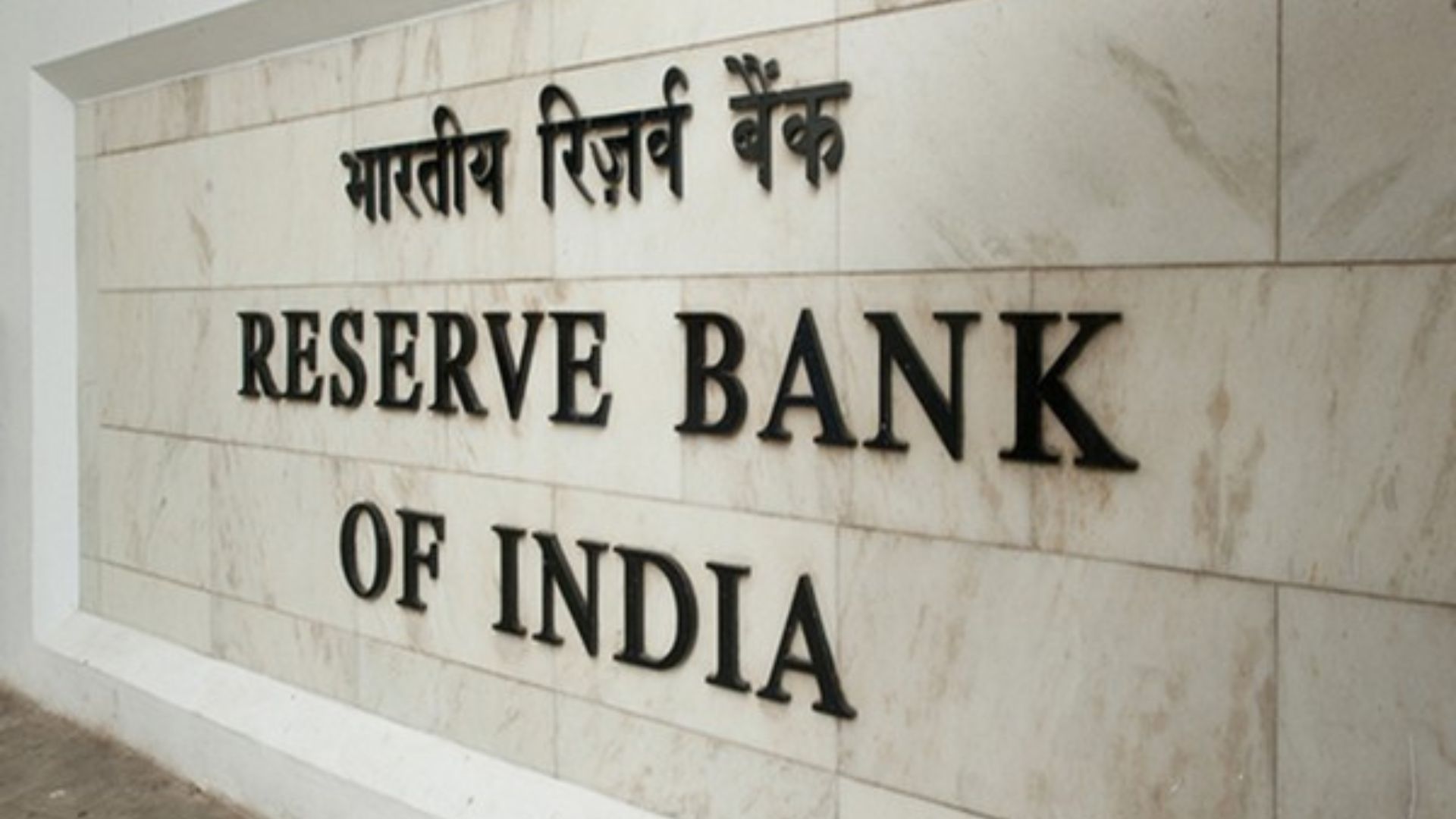The Allahabad High Court in the case the Commissioner, Commercial Tax U.P. v. S/S Sanya Construction and Developers Pvt. Ltd observed and has held that though in case of doubt, the taxing statues are to be interpreted in favour of the assesee.
The Court in the case stated that a stricter approach needs to be followed before giving the benefit of exemptions and the deductions.
The bench headed by Justice Shekhar B. Saraf in the case observed and has stated that the general rue of law in taxing statutes is that in case of any doubt the benefit should be given to the assessee. Thus, in cases of exemption and the deduction to be given, the stricter approach may be followed, as per the judgement of the Supreme Court in order to examine whether the assessee is being eligible for such kind of benefit.
In the said case, the department filed the revision plea challenging the decision of the Commercial Tax Tribunal wherein the turnover of the assesee was reduced as per Rule 9 of the Value Added Tax Rules on grounds that the cement imported from outside the State of Uttar Pradesh.
It has been argued by the counsel appearing for the department before the court that the assessee failed to prove that good were imported and the specific execution of work contract. Therefore, the benefits stated under Rule 9(1)(e) of the U.P. Value Added Tax Rules, 2008, the same will not be applicable to the assessee.
Further, the court stated that the distinction was drawn from the decision of the Allahabad High Court in the case M/s Comfort Systems Vs. Commissioner Commercial Tax, U.P. as in that case there was no dispute that the goods have been imported from outside the State of UP for utilization in the works contract.
On the other hand, the counsel appearing for the assessee submitted before the court that the ratio of M/s Comfort Systems is applicable to the present case, wherein the court held that the Tribunal comes to a specific finding that goods were brought in to the State for the purpose of carrying out pre-existing works contract and the goods are actually coming from outside the State, the benefit of deduction contemplated under Rule 9(1)(e) of the Rules would be available to the assessee.
The court in the case observed that the Tribunal had specifically noted that the goods were being imported from outside the State of UP and were being used in project carried out within the State.
The court stated that there was no perversity in the above fact as stated under Rule 9(1)(e) of the VAT Rules will be applicable.
The court while considering the facts and circumstances of the case stated that even though in case of doubt tax statutes are to be read in favour of the assesee, thus, for granting benefit of exemptions and deductions, stricter approach needs to be followed.
Accordingly, the court dismissed the revision pleas, since the fact that goods were transported from outside the State was undisputed.
The counsel, Advocate Bipin Kumar Pandey appeared for the revisionist.
The counsel, Advocate Shubham Agrawal represented the Opposite party.












